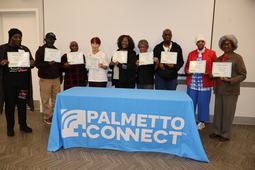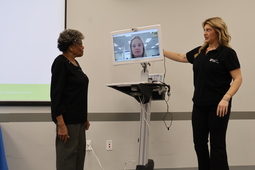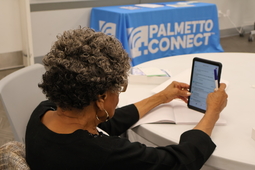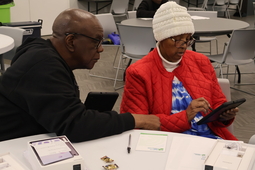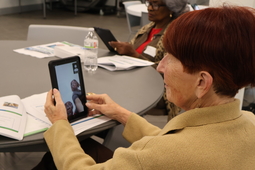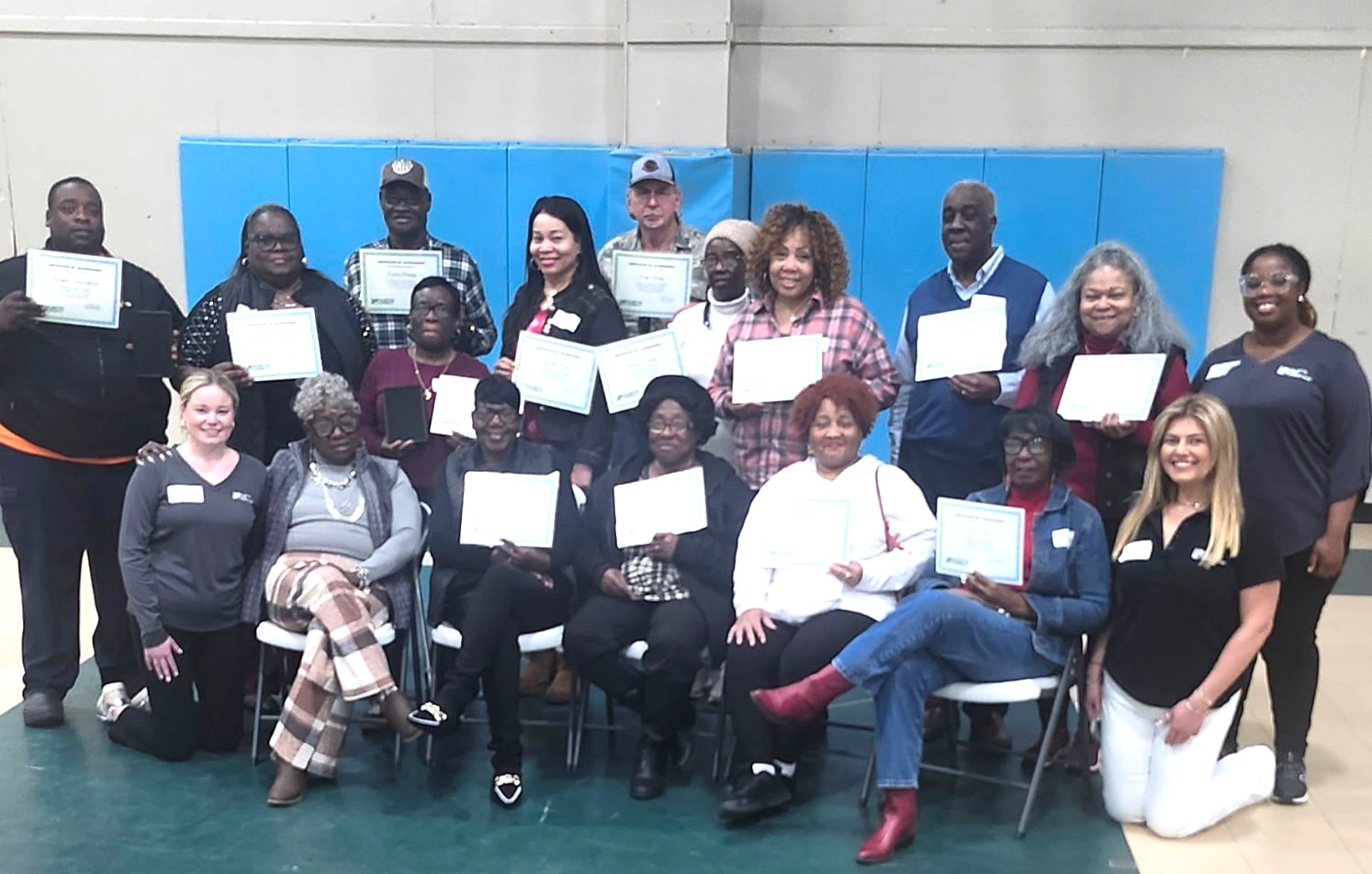By Julia Ivanova, PhD, MA (Telehealth.org)
Key Takeaways
- Many Medicare telehealth flexibilities were extended through Dec. 31, 2027 under the Consolidated Appropriations Act of 2026.
- A review of behavioral telehealth policies that are permanent, including home-based care, audio-only services, and expanded clinician eligibility.
- Stakeholders are increasingly pushing for stand-alone telehealth legislation to reduce disruption caused by reliance on short-term funding bills.
Federal telehealth policy in 2026 is in transition following Congress’s action to end a partial government shutdown and extend several Medicare telehealth provisions. However, many key flexibilities remain temporary, and lawmakers are now turning to broader legislation to provide long-term stability.
On Feb. 3, 2026, Congress approved a funding package, the Consolidated Appropriations Act of 2026 (H.R. 7148), along with a two-week continuing resolution to fund the Department of Homeland Security, bringing an end to the partial government shutdown and reinstating key telehealth flexibilities for multiple years. The legislation extends Medicare telehealth flexibilities through Dec. 31, 2027. These flexibilities include waiving the in-person requirement for Medicare behavioral telehealth visits, allowing home as an originating site and geographic waivers, and expanding Medicare clinician eligibility. The flexibilities also allow Federally Qualified Health Centers (FQHCs) and Rural Health Centers (RHCs) to serve as distant-site telehealth providers for Medicare patients, and allow audio-only telehealth services. Find further information on telehealth items included in the funding package here.
Section 6209 of the funding package also states the renewal of the Acute Hospital at Home Program through Sept. 30, 2030, and continues in-home cardiopulmonary rehabilitation flexibilities through Jan. 1, 2028. The bill also requires the Department of Health and Human Services to issue guidance within one year on providing telehealth services to individuals with limited English proficiency. It expands the Medicare Diabetes Prevention Program to include virtual diabetes suppliers through Dec. 31, 2029.
Temporary Extensions And Their Impact
The reinstated Medicare telehealth flexibilities under the funding package renew policies that had previously lapsed or were set to lapse amid the 2025-26 funding negotiations. These include waivers that allow beneficiaries to receive telehealth services in their homes regardless of geographical location and expanded provider eligibility for occupational therapists, physical therapists, speech-language pathologists, and audiologists: all provisions created during the COVID-19 public health emergency and repeatedly extended through short-term legislative action.
Despite bipartisan support for telehealth, most of these policies remain temporary. Congress has historically extended such flexibilities through continuing resolutions and omnibus packages, a strategy that has often left Medicare telehealth coverage and reimbursement vulnerable to shutdown negotiations and deadlines.
What Is Permanent
Even amid these stopgap measures, some telehealth flexibilities had already been made permanent, most notably in the behavioral health space. Medicare’s expanded coverage for behavioral telehealth is established as a permanent Medicare benefit.
The Consolidated Appropriations Act of 2021 eliminated long-standing Medicare restrictions on behavioral health telemedicine, expanding where and how mental health services may be delivered. The law allows Medicare beneficiaries to receive behavioral health care from any location, including their homes, and removes the requirement that patients be located in rural areas. It also authorized the use of audio-only technology for behavioral health visits when patients are unable to access or decline real-time video services. The Centers for Medicare & Medicaid Services (CMS) later incorporated these changes into the 2022 Physician Fee Schedule, clarifying that clinicians must be able to offer video services and document the reason for providing audio-only care.
The Consolidated Appropriations Act of 2023 further expanded Medicare behavioral health telehealth by broadening the range of clinicians and facilities able to bill for telehealth. Beginning Jan. 1, 2024, marriage and family therapists and mental health counselors were recognized as Medicare telehealth practitioners, allowing them to enroll in Medicare and bill for virtual behavioral health services. The law also permanently designated FQHCs and RHCs as distant-site providers for behavioral telehealth, enabling clinicians based in those settings to be reimbursed for delivering virtual behavioral health care to Medicare beneficiaries regardless of patient location.
These permanent behavioral telehealth policies stand in contrast to the broader set of flexibilities for general telehealth services, which, under the latest legislative action, continue only through specific future dates rather than enduring law.
Toward Stand-alone Legislation in 2026
With the shutdown ended and temporary coverage secured through 2027 for many policies, the focus of telehealth advocates and lawmakers will likely shift to passing stand-alone telehealth legislation. Proposed measures, such as the CONNECT for Health Act and the Telehealth Modernization Act, aim to make a broader suite of telehealth flexibilities permanent, reducing the recurring uncertainty created by attaching critical coverage to must-pass funding bills.
Without statutory protections, providers and patients will continue to face episodic disruptions and administrative complexities whenever Congress confronts budget deadlines. In a Brown University policy brief, during the 2025 shutdown, there was a 24% drop in the first 17 days compared with prior months, with individual states such as Florida, Louisiana, and New York seeing even more precipitous drops of 40% or more. The same policy brief noted that telehealth levels returned to the levels seen before the December shutdown. However, even while many can resume telehealth easily, others may find a short lapse in coverage consequential to their health, such as patients using the Acute Hospital at Home program. With all this considered, health care groups such as the American Medical Association have pressed Congress to enact permanent authorization of Medicare telehealth services. After all, even with Congress’s action this year providing a multiyear runway, these flexibilities are not the lasting certainty many clinicians and health systems seek.
Disclosures:
- This article was developed with AI-assisted research tools and edited by the Telehealth News editorial team for accuracy and clarity.

